Review
April 24, 2006, was the first performance of The New York Philharmonic under the direction of John Williams in a program of selections from the conductor’s and Bernard Herrmann’s film scores. The Herrmann selections, hosted by Martin Scorsese, were played in the first half of the program, and the rest of the program was devoted to music by John Williams.
Before Mr. Scorsese appeared—and before Mr. Williams spoke a word to the audience—he conducted the orchestra in an almost-exciting rendition of “Death Hunt” from On Dangerous Ground. The pace seemed a bit slower and more deliberate than we’re accustomed to hearing it in the original soundtrack and Gerhardt’s rerecording, losing in ferocity, but gaining in precision: I’m sure I heard notes I’ve never heard before in that piece. The real thrill was the sound from the huge orchestra, the richest I’ve ever heard playing Herrmann. For the hearty applause following that workout, the horn players, prompted by Mr. Williams, stood up—all eight of them.
Mr. Williams then spoke to the audience, identifying the piece he had just conducted and expressing his own appreciation for Herrmann’s music before introducing Martin Scorsese. Mr. Scorsese introduced the rest of the Herrmann selections, speaking to what sounded like an appreciative audience. (I’m sure there were numerous Herrmann fans in the audience, although I’m also sure they were quite outnumbered by the Williams / Spielberg fans.) Contrary to fears expressed in the thread on this concert in the Herrmann Forum, Mr. Scorsese did not speak over the music, but respectfully introduced it and sat down to listen to it.
After introducing the “Early Years in Hollywood” segment of the Herrmann program, Mr. Scorsese sat through the three pieces without speaking at all. “The Inquirer” from Citizen Kane sounded modeled on Herrmann’s slow performance in the 1970 Phase 4 recording (when his vibrant performance in the 1968 Pye recording ought to be the standard to emulate). “Ballad of Springfield Mountain” from The Devil and Daniel Webster came off better, as Mr. Williams seemed more attuned to Herrmann’s softer and sweeter music. “Gallop: The Whip” from Currier and Ives Suite, a light concert work composed five years before Herrmann went to Hollywood, is so much simpler and sweeter than his early film scores that it seemed to trivialize them. Nevertheless, it was a joy for me to hear—and see—the New York Philharmonic play these pieces.
For me, the highlight of the evening was the first selection in the “With Alfred Hitchcock” segment, “Scene d’amour” from Vertigo. Mr. Scorsese spoke of this piece with deep feeling, Mr. Williams seemed intent on drawing every note out of the music, and the massive string section in particular responded beautifully.
From there, the Herrmann program was all downhill for Herrmann fans. Showing film clips with the music turned the music into background—no matter that the orchestra was right there in the foreground, and dimly visible with the lamps over their music. It’s impossible, at least for me, to watch an orchestra when it’s underscoring motion pictures. And what’s the point of bringing a film score out of the background of a movie and into the foreground of a concert hall, if you’re going to put the music under film clips? Thanks, but I can watch Herrmann-scored movies at home. This concert was the first opportunity I’ve ever had to see Herrmann’s music performed live, and there was precious little of that.
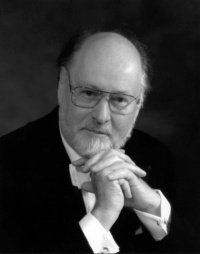
Two of Herrmann’s most celebrated film scores did not even retain the dignity of being played under scenes the music was composed for. The Prelude, “The Stairs” (uncredited) and “The Murder” from Psycho were played under a montage of scenes from that movie, and the Prelude from North by Northwest was played under a montage of scenes from six different Hitchcock-Herrmann collaborations. In effect, the music was drained of much feeling and meaning, turned into background music only generally—if at all—related to the visual foreground.
Before the shoddy presentation of North by Northwest, we had one more pure concert presentation of Herrmann’s music. The printed program erred in listing “Two Selections from Taxi Driver”; only the “Night Piece for Orchestra” arranged by Christopher Palmer was played. Mr. Williams seemed in a hurry to get it over with. The big brass opening, like New York City breathing in and out (or Travis breathing New York in and out), came out so fast it wasn’t like breathing at all, it was just blocks of sound: bang bang. The alto saxophone solo by Albert Regni was the best I’ve ever heard, but where was Albert Regni? I thought I was sitting too far away from the orchestra to see him, but I expected to see him stand up after his performance. I didn’t even see Mr. Williams gesture for Mr. Regni to stand up for his deserved applause (was his performance prerecorded?), and the percussionists immediately started repositioning themselves for North by Northwest.
The North by Northwest Prelude ended with a laugh from the audience; people were laughing at the image of Alfred Hitchcock on the screen. (People had also laughed during the Psycho presentation.) The Herrmann portion of the concert ended as a joke.
Sitting in a separate booth near me were a young man and woman evidently associated with the concert, though what exactly they were doing there eluded me. During the intermission, the woman spoke to a few audience members sitting near me, explaining that the Psycho shower scene had been found to be “too distressing” to certain audiences (I think she said “young women”) especially when underscored by a live orchestra, so the scene had been replaced by a montage from the whole movie for the concert. I told her I didn’t like the film clips at all and had come to see as well as hear the orchestra play Herrmann. She argued that the orchestra was perfectly visible during the film clips (it was not); apparently she was less interested in true audience reactions than in complimentary feedback. We did not pursue the argument.
The Williams-Spielberg portion of the concert was better presented and much more warmly received by the audience. Mr. Williams opened this portion with the Jaws theme, the first bass notes of which prompted a wave of laughter throughout the auditorium. Steven Spielberg received a partial standing ovation as soon as he walked onto the stage. He introduced the Finale from Close Encounters of the Third Kind, then more music from Jaws—”Out to Sea” segued into “Shark Cage Fugue,” the latter building to a majestic conclusion. Next, Mr. Spielberg presented a sequence from Indiana Jones and the Last Crusade without music, followed by the same sequence underscored by John Williams and the New York Philharmonic. (They should have presented North by Northwest that way—showed the Mount Rushmore sequence without and with the music—but then the Indiana Jones sequence would have paled by comparison.)
Mr. Spielberg introduced Schindler’s List as his favorite of all his movies as well as of all John Williams scores, and New York Philharmonic concertmaster Glenn Dicterow’s lovely violin solo received warm acknowledgement from Mr. Williams and the audience. The Finale from E.T.—The Extra-Terrestrial was played under the climax and conclusion of the movie, and many audience members cheered at the aerial-musical takeoff of the bicycles, just as movie audiences had cheered that scene in 1982. (Personally, I’ve always felt that the symphonic aria underscoring E.T. and Eliot’s farewell leading into E.T.’s departure from earth is overdone, more suited to the concert hall than to the movie.)
The conclusion of the concert was met with a standing ovation (a few audience members walked out), to which Mr. Williams responded with an encore: his “Prayer for Peace” from Spielberg’s Munich. This was met by another standing ovation, provoking Mr. Williams to declare, “Well, George Lucas isn’t here, but we’ll play it anyway”—to the audible delight of many in the audience. After Star Wars, Mr. Williams managed to draw most of the departing audience members back to their seats for more music, but the last two encores were disappointing. The familiar NBC “Mission” theme was briefly amusing; the variations on one phrase of “New York, New York” from On the Town, composed for Leonard Bernstein’s 70th birthday, was merely puzzling. Why were we listening to minor John Williams compositions instead of, say, the 3 Worlds of Gulliver Overture or “The Road and Finale” from Fahrenheit 451?
I’m afraid this concert was not a tribute to Bernard Herrmann, much as some of us wished it to be. For this concert, Bernard Herrmann was merely an “opener” for John Williams.
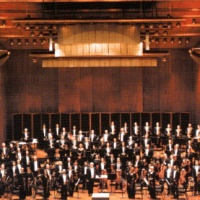

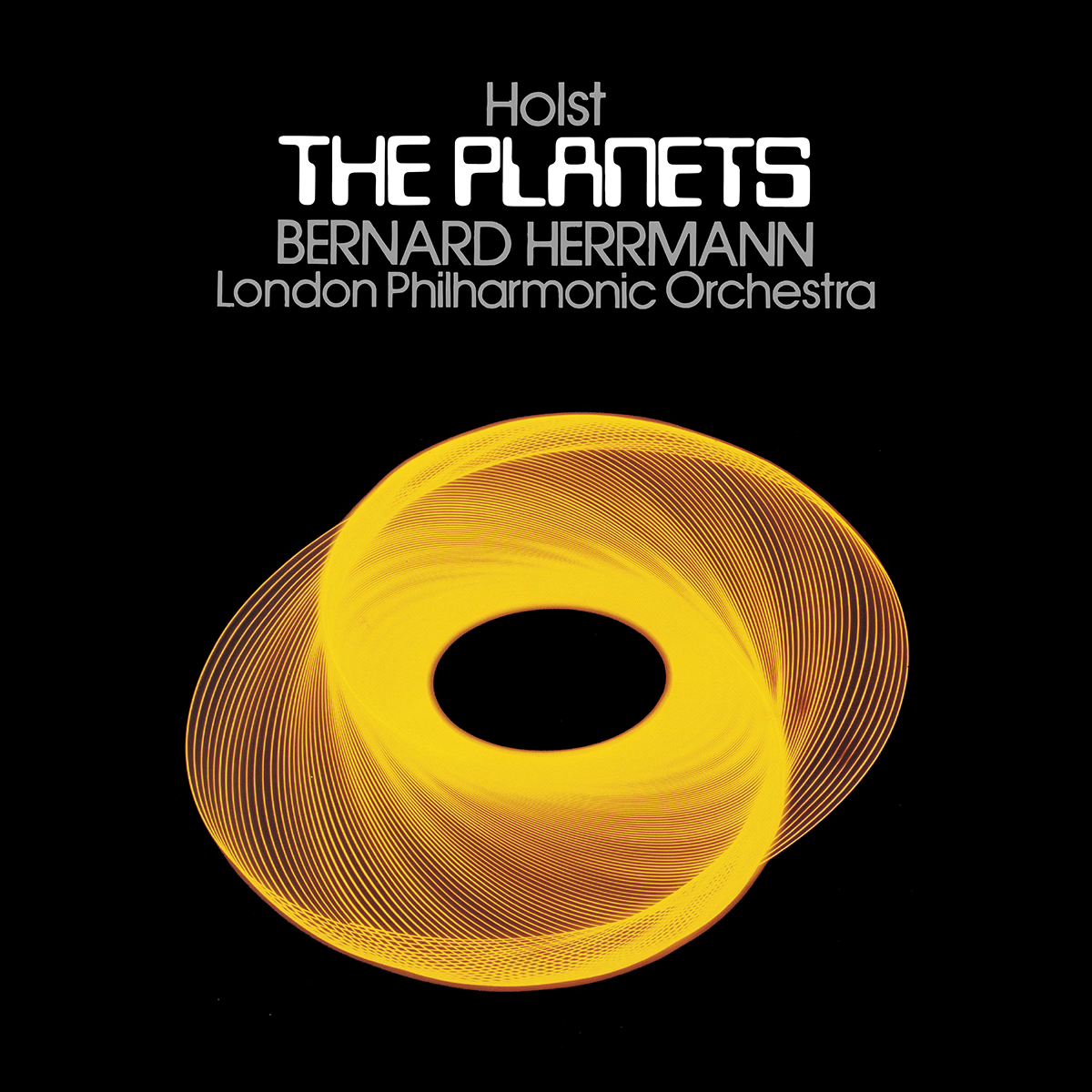
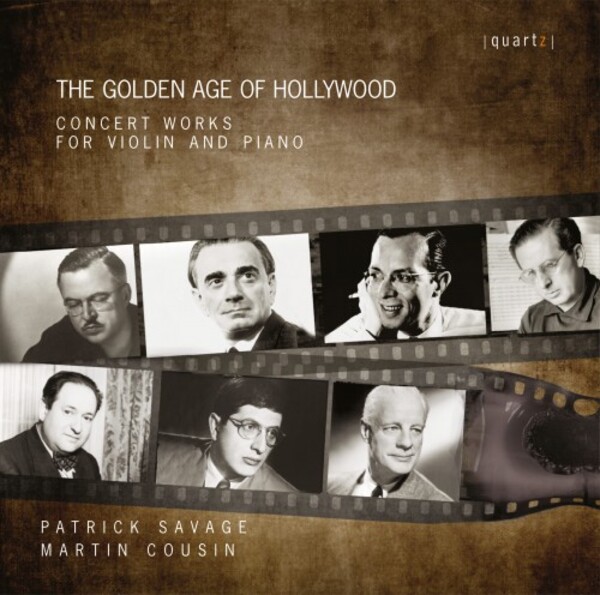
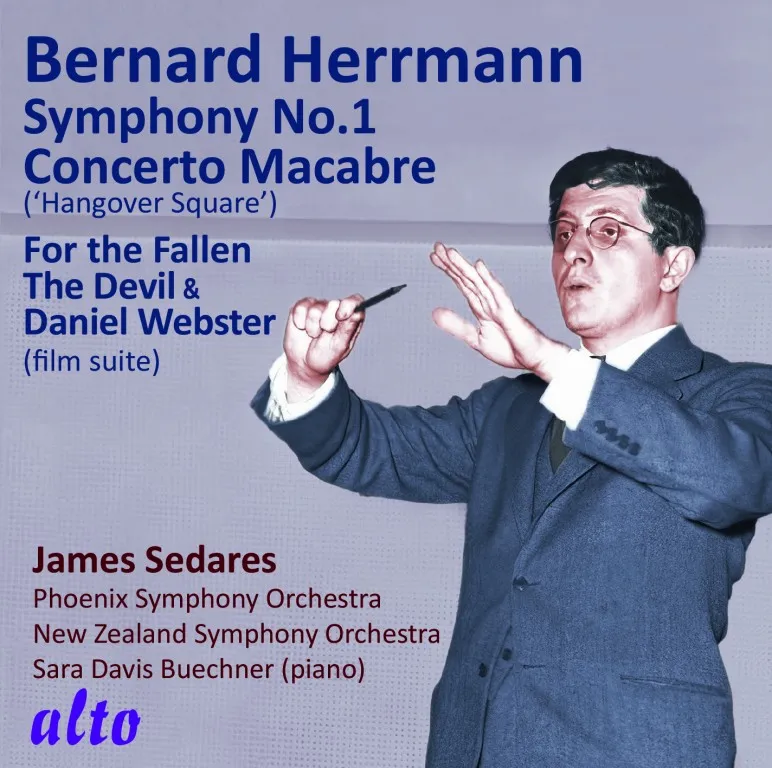
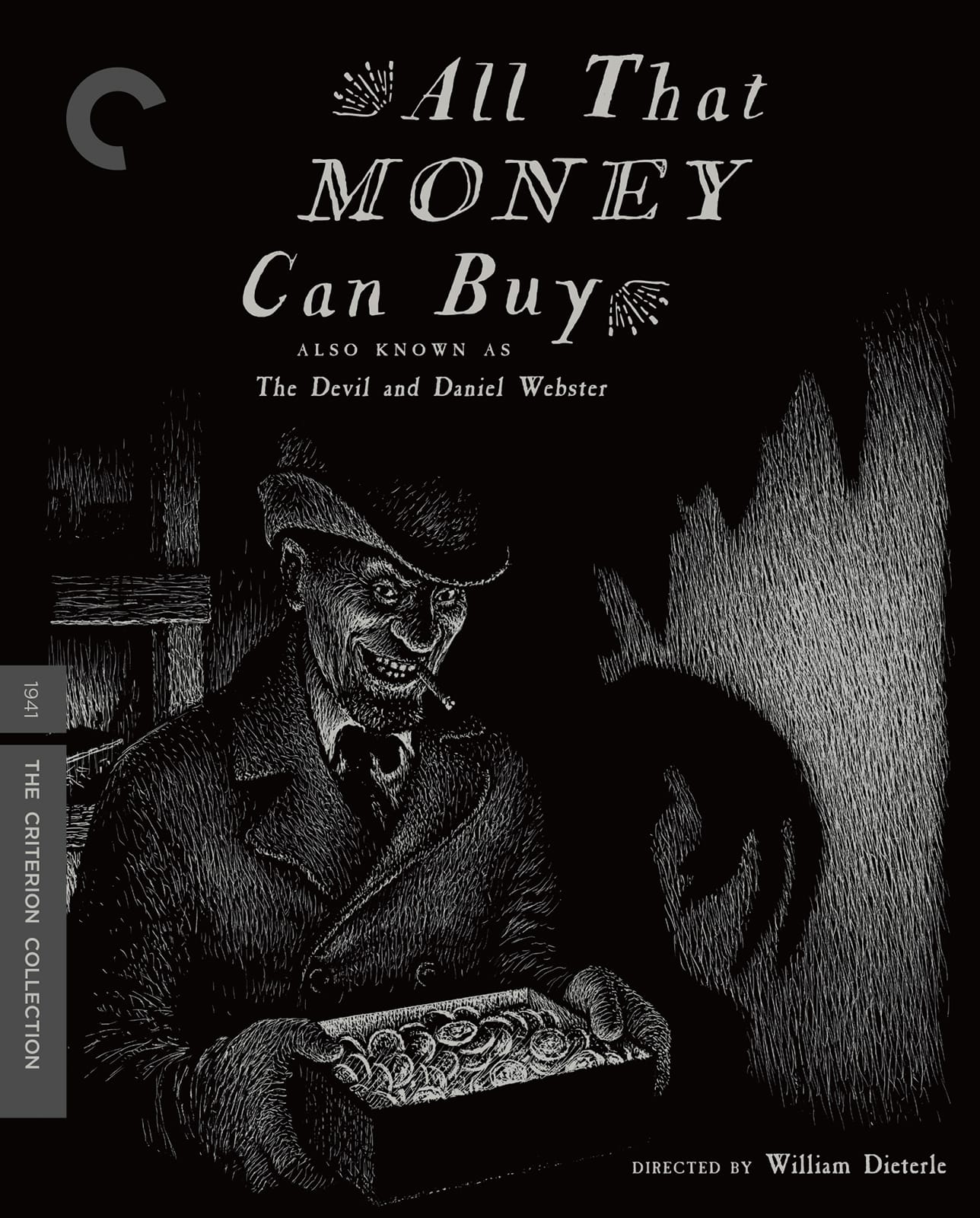
![The Man Who Knew Too Much – 4K restoration / Blu-ray [A]](http://www.bernardherrmann.org/wp-content/uploads/2023/11/TMWKTM-4K.jpeg)
![The Bride Wore Black / Blu-ray [B]](http://www.bernardherrmann.org/wp-content/uploads/2023/07/BrideWoreBlack.jpeg)
![Alfred Hitchcock Classics Collection / Blu-ray [A,B]](http://www.bernardherrmann.org/wp-content/uploads/2020/07/AHClassics1.jpg)
![Endless Night (US Blu-ray) / Blu-ray [A]](http://www.bernardherrmann.org/wp-content/uploads/2020/03/EndlessNightUS.jpg)
![Endless Night (UK Blu-ray) / Blu-ray [B]](http://www.bernardherrmann.org/wp-content/uploads/2019/12/ENightBluRay.jpg)